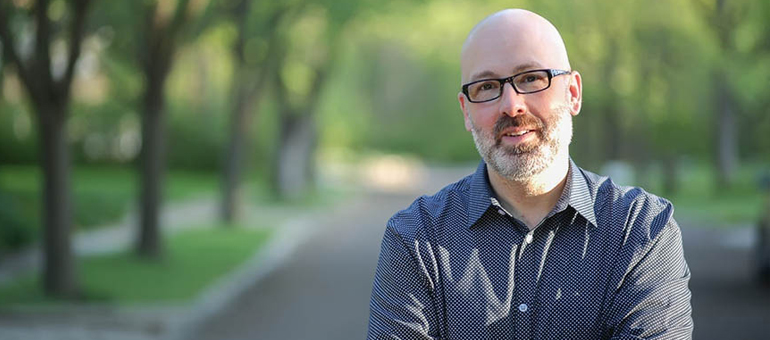
EECS Faculty Member Helps Develop Metrics for Open Source Software
Those wanting to download and use open source software in the future will have a better sense of what they’re getting, thanks in part to the work of a Mizzou Engineer. Open source software is computer software distributed with a license that allows anyone to see, use and modify the original code. In many cases, an open source project attracts other developers who contribute to the project. This forms a community where those involved improve and enhance the software. Sean Goggins, an associate professor in Electrical Engineering and Computer Science, is helping develop metrics to give potential contributors and users better insight into open source projects.
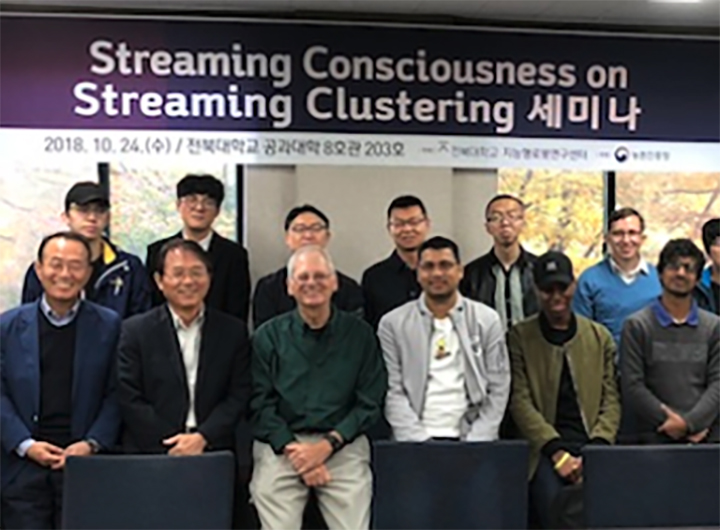
Keller Receives Top Award from IEEE
Jim Keller—an emeritus professor in the Department of Electrical Engineering and Computer Science—has received a top award from the Institute of Electrical and Electronics Engineers, the world’s largest technical professional organization.
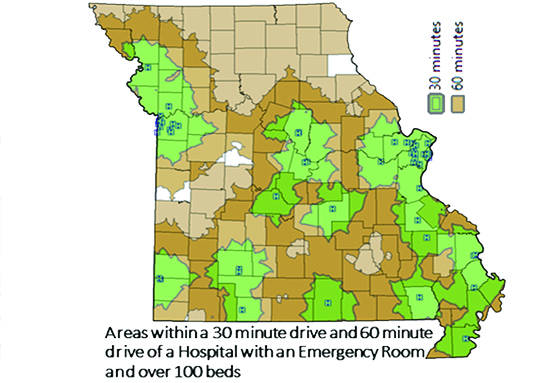
Mizzou Engineers, Physicians to Help Rural Missouri Plan Ahead for Pandemic: Geospatial Big Data is Key
Planning ahead for a pandemic—or any disaster situation—is costly and complex. Now, Mizzou researchers are hoping to take the guesswork out of it for Missouri’s smaller communities.

Genome Sequences Could Be Key to COVID-19
The secret to surviving COVID-19 could be locked in our DNA. Researchers are analyzing genome sequences to find clues about why some people are more susceptible to the virus. Right now, doing that work comes with a hefty price tag. But Praveen Rao is developing a way for more scientists to unlock that information for free.
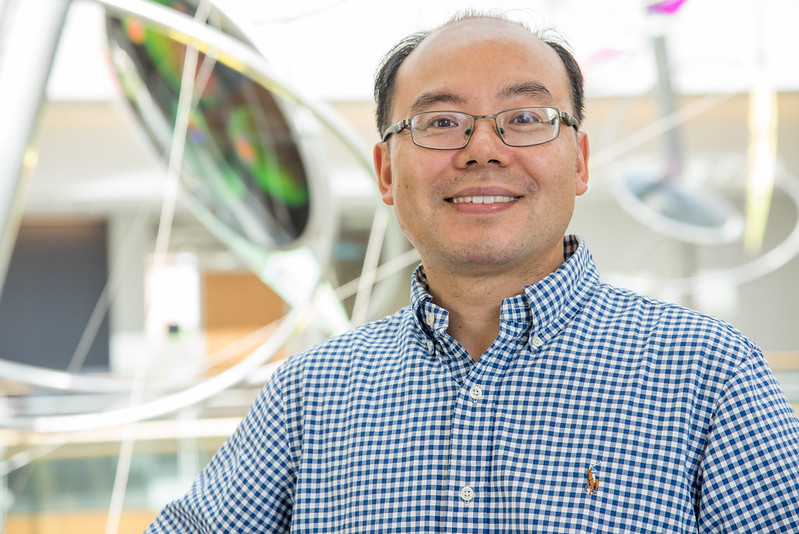
Flu researcher brings team together to tackle COVID-19
Professor Henry Wan has studied flu viruses for years, and he can assure you, coronavirus is not the same. It’s trickier. Less predictable And for many, deadlier. But there are insights scientists can glean from decades of research around the transmission of the flu. That’s why a team of Mizzou researchers is turning its collective attention to COVID-19.
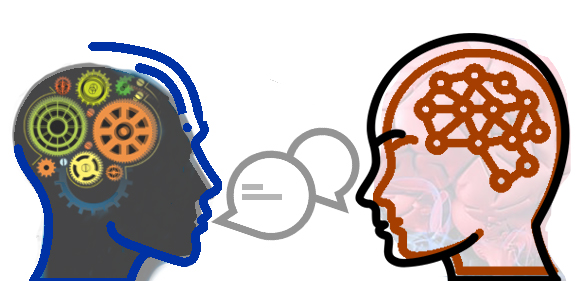
Mizzou Engineers Develop New AI Advisor
Want your smartphone to find a restaurant? No problem. Want artificial intelligence to help you plan a healthy diet on a grocery budget of $400 a month? You’re on your own. But research around artificial intelligence happening at Mizzou Engineering may change that. Associate Professor Prasad Calyam and his students from Electrical Engineering and Computer Science are developing an AI advisor that could help smartphones talk you through the tough questions.
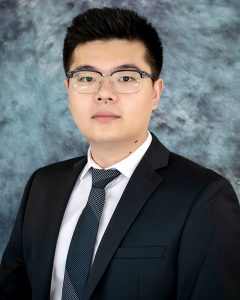
Student Devises Way for Robots to Anticipate Human Behavior
A Mizzou Engineering graduate student has been invited to share his work at a prestigious conference after devising a way for robots to learn human intention and anticipate their behaviors.
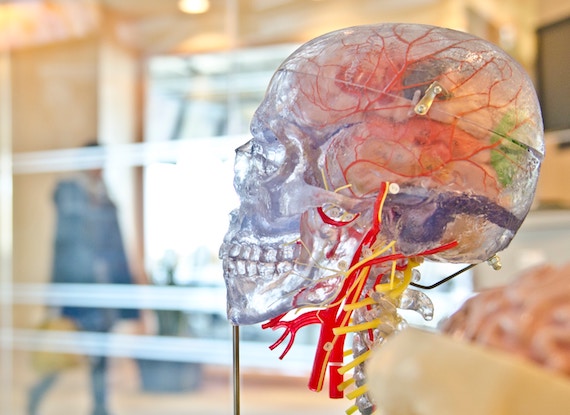
Feeling anxiety? Reverse-engineering the brain could help
The anxiety you may be feeling right now in the midst of the COVID-19 pandemic stems back to our prehistoric need to survive. Biologists have explored this principle for decades. Those breathing techniques that your mobile app, HR office or best friend might be recommending? They can help—psychology studies have proven this. But what’s happening inside your brain during those deep breaths? That’s a problem for engineering.
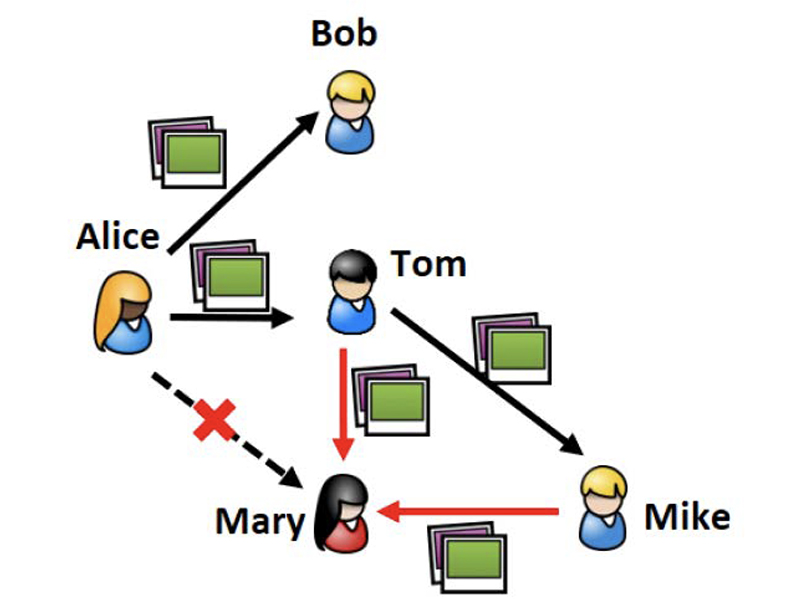
How to Stay Private While Sharing on Social Media
More people are turning to social media for human interaction during stay-at-home orders, but one Mizzou Engineering researcher warns that oversharing gives scammers opportunities to steal your private information.
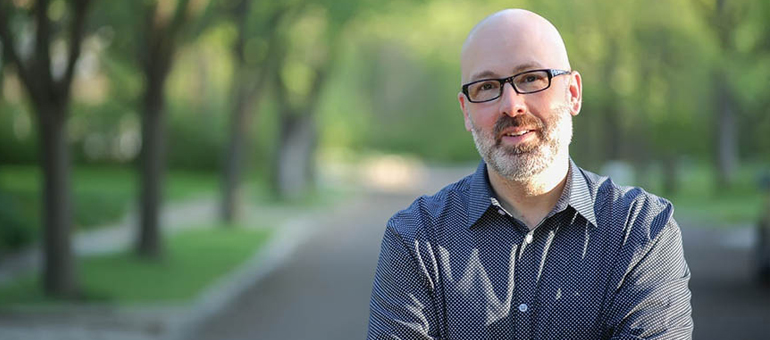
Those with chronic illnesses look to web for support during crisis
Roughly 150 million U.S. citizens with chronic illnesses turn to online support communities for assistance — a number likely to grow as COVID-19 forces high-risk individuals to stay home. But not all online health forums are created equal, one expert from Mizzou Engineering warns.